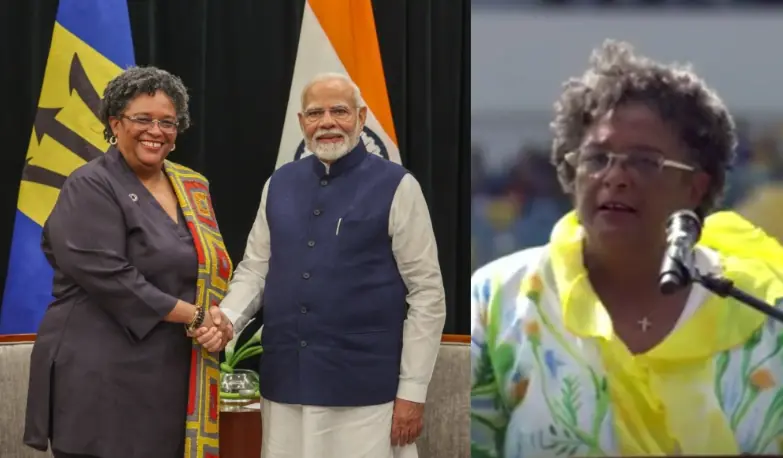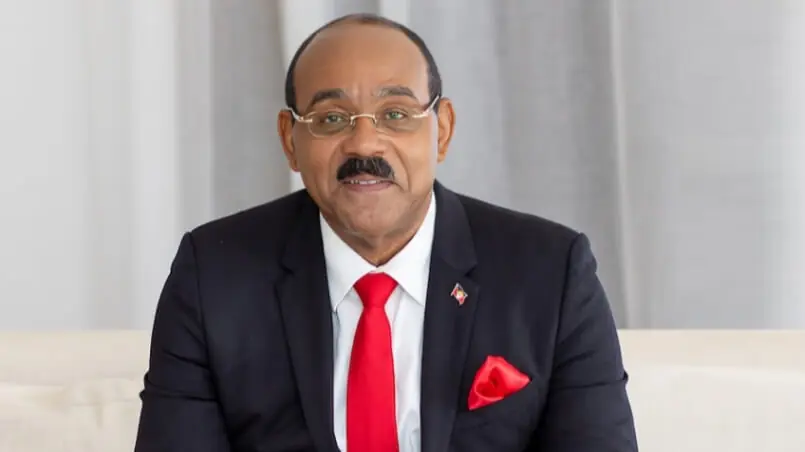Grenada: Opposition pressures government to address rising petroleum prices
Grenada’s Prime Minister, Dickon Mitchell, has found himself under significant pressure from the opposition New National Party (NNP).
22nd of September 2023

Grenada’s Prime Minister, Dickon Mitchell, has found himself under significant pressure from the opposition New National Party (NNP). This has been brought on due to the government’s policy on the prices of petroleum products.
The government of Grenada, under the leadership of PM Dickon Mitchell, removed the $15 price cap on a gallon of petroleum, which has been termed as a ‘disastrous policy’ by those that oppose them.
The New National Party issued a statement saying that the previous government had placed a cap on the price of petroleum, as a conscious decision which would protect the citizens of Grenada from rising prices and intense fluctuations.
According to the opposition, the removal of this policy is not a well thought out decision and was pushed through far too hastily.
“Now, we find ourselves grappling with outrageous fuel prices: $16.88 for gas, $16.25 for diesel, and $13.13 for kerosene. These aren’t mere figures; they’re evidence of a government’s disconnect and indifference towards its citizens.”
The opposition has also pointed out that lifting the cap is a major economic mistake which will affect citizens who will now have to bear the brunt of the monetary fallout. Obviously, a sharp rise in the prices of petroleum products is one of the major after effects, which has many citizens worried.
They also believe that the government has breached the public’s trust. In their opinion, people should and will rise against this policy, demand accountability and pressurize the government to take it back.
The Ministry of Finance implemented the policy on the 18th of January, 2023. Since then, the policy has been in effect and has been criticized by many. Whether it is an economic necessity or not is still unclear, although considering the fact that the previous government managed to keep the price cap in place would support the later.
With popular support going against the government and its policy, it is likely that the pressure on the incumbent government will continue to mount. The question now is whether the government will decide to hold out, and if so for how long.
The opposition has been using the building dissatisfaction to bolster itself against this policy and does have the incumbent government on the ropes. If the policy is to survive, the narrative around the whole situation will definitely have to change. In actuality though, that seems like a long shot.
Latest
- National School Meals Programme rejects claims of substandard vegetarian meal in Antigua and Barbuda
-
LIAT Air Expands Caribbean Network with New Routes to Antigua and Montego Bay -
US withdraws advisory on St. Kitts and Nevis, gives green flag to its Citizenship Programme -
CARIFTA Games 2026 set to take place in Grenada from April 4-6 -
West Indies Women’s Cricket team announced for T20 series against Sri Lanka in Grenada
Related Articles

6th of December 2024

4th of December 2024

1st of December 2024

23rd of November 2024

25th of November 2024

25th of November 2024

18th of November 2024

17th of November 2024
